
WHO WE ARE
OUR MISSION
To bring help, hope and love to people of all faiths and ethnicities in the conflict areas, to shine a light on the actions of oppressors, to stand with the oppressed and support leaders and organizations committed to liberty, justice and service.
OUR VISION
To free the oppressed and to stand for human dignity, justice and reconciliation.

OUR STORY
Dave and Karen Eubank were first invited to Burma in 1993 by the Wa tribe, with whom they began their work in Burma. In 1997, they founded the Free Burma Rangers during the Burma Army offensives of that year, when villages were destroyed, people killed and over 100,000 people fled their homes; over 1 million people are still displaced inside Burma. In the face of the overwhelming force of the Burma Army, the Free Burma Rangers was formed with the idea that no one can stop people from giving love and serving one another.
During this time, the Ethnic Nationalities Seminar at Mae Tha Ra Hta was coordinated and supported by FBR; also, the Global Day of Prayer was initiated after Dave Eubank met with Aung San Suu Kyi in 1996.
The first team training took place in 2001, and 2005 saw the first training for full-time teams. Each step taken to grow the Free Burma Rangers has been at the request of the local ethnic leadership.
Since 1997, FBR has trained over 250 multi-ethnic relief teams and there are 71 full time teams active in the Arakan, Chin, Kachin, Karen, Karenni, Kayan, Lahu, Mon, Naga, Pa-Oh, Shan and Ta’ang areas of Burma. The teams have conducted over 1000 humanitarian missions of 1-2 months into the war zones of Burma. On average around 1000 patients are treated per mission with 2,000 more people helped in some way. The teams have treated over 500,000 patients and helped over 1,100,000 people.
THE RANGERS
FBR team members are sent to Ranger training by their parent organizations, and upon completion, return to work in their home areas. There are three requirements for team members:
-
Love – each volunteer should be motivated by love.
-
Physical and moral courage – volunteers must have to have the physical strength and endurance to be able to walk to crisis areas, and the moral courage to stand with those under attack.
-
Ability to read and write – due to medical, informational and documentation requirements, literacy in at least one language is required.



















